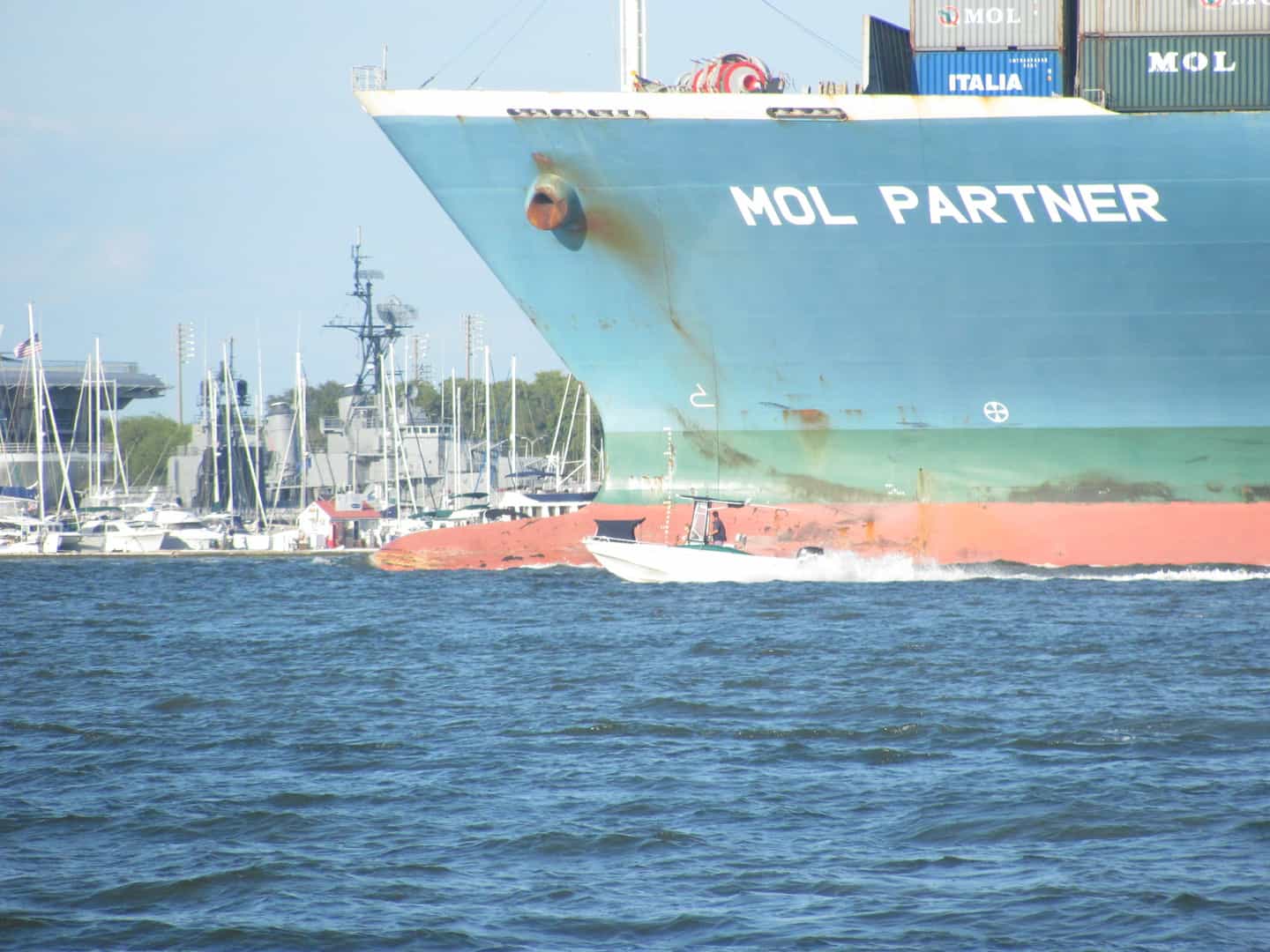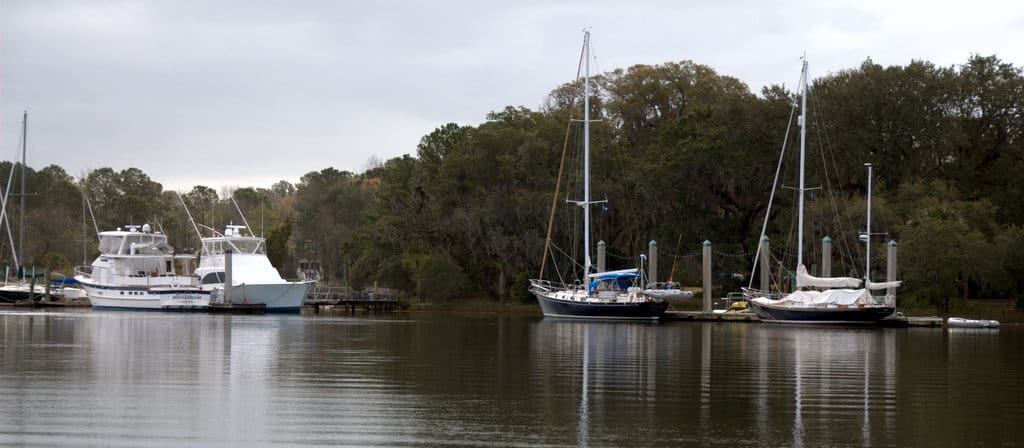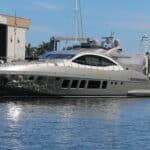Good morning to captain and crew alike, and welcome to The Admiralty Docket.
One common misconception among members of the public regarding maritime law is that it only applies to commercial vessels and/or to those on the high seas or in international waters. In fact, however, admiralty law applies on all navigable waters, including coastal waters and many rivers and lakes connected to these waters as well as some inland lakes which cross state lines. It also applies to vessels of all shapes, sizes, and uses, from the largest container ships to wave runners and jon boats (UPDATE – the law has recently changed on this subject – if you have a question as to whether your recreational boat, houseboat, kayak, or other vessel is a vessel for purposes of admiralty jurisdiction, please call or email us to discuss or read up on the subject, starting with our article entitled:
Supreme Court Rules that Boat is not a Vessel).
In Steward v. Dutra Construction, the United States Supreme Court was tasked with deciding whether the “Super Scoop”, a floating platform with a bucket used to remove silt from the ocean floor and dump it into other barges and scows for carriage, was a “vessel” for purposes of the Jones Act and admiralty jurisdiction. In reaching the conclusion the the Super Scoop was indeed a “vessel”, the Court noted that the United States Code defines a “vessel” as “every description of watercraft or other artificial contrivance used, or capable of being used, as a means of transportation on water.” (emphasis added).
This broad wording brings all manner of unlikely candidates within the definition of a “vessel” for the purpose of determining which laws apply to the vessels themselves as well as to their operators. Even stand-up paddle boards, kayaks, surfboards, and the like would likely qualify as vessels for this purpose. As surprising as this may be to some, in truth, admiralty and maritime law has developed over centuries and is comprehensively equipped to deal with recreational pursuits as well as commercial ones. The prudent user of a recreational vessel would, however, be well advised to spend a few moments acquainting themselves with the rules that apply to vessels on the navigable waters, as they differ from the land-side rules that many readers may have suspected would follow them onto the water.
More next week on the Admiralty Docket. Until then, remember that your rights and responsibilities change as you approach the shore, and may God Almighty grant you pleasant sailing.











